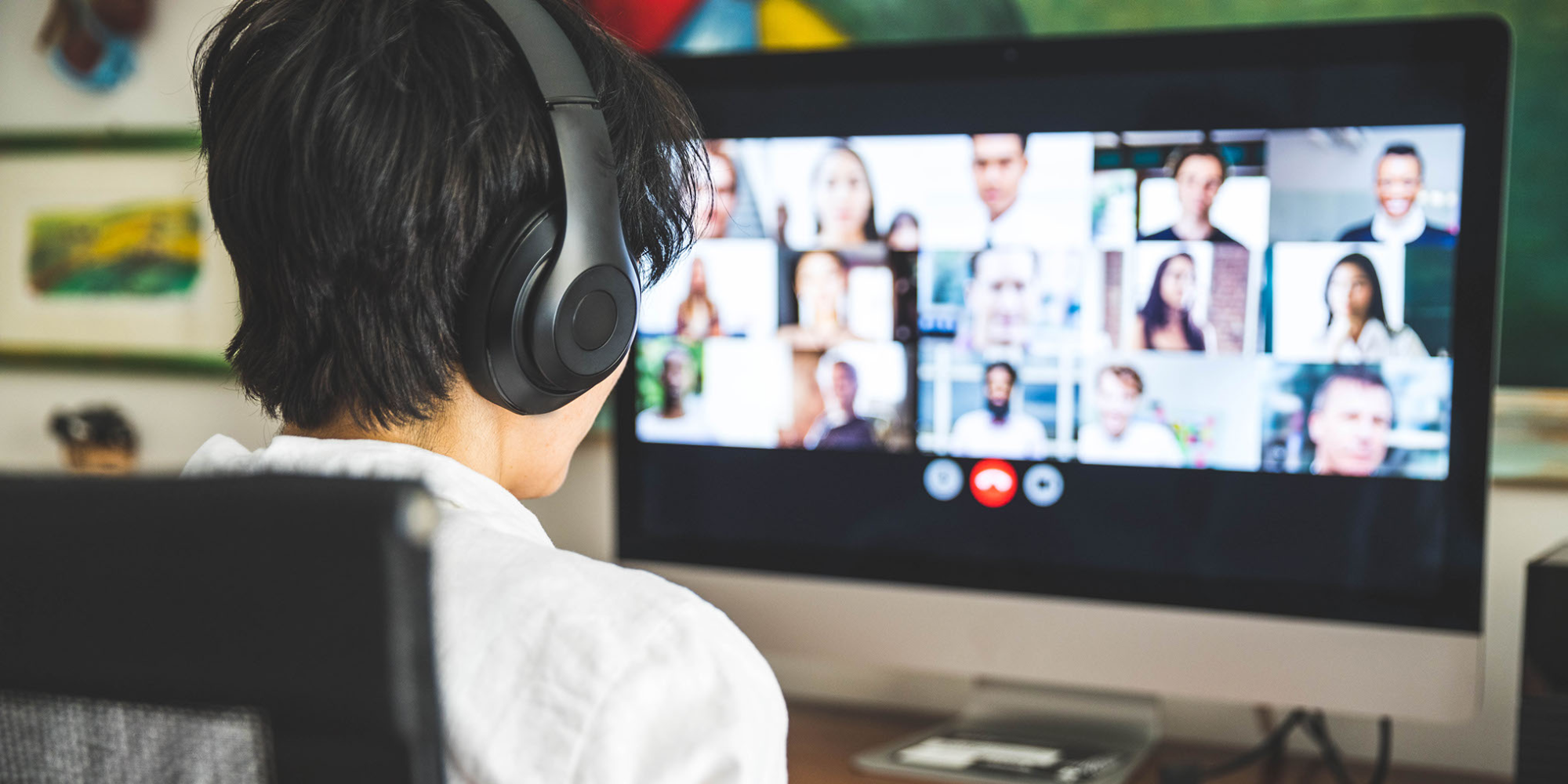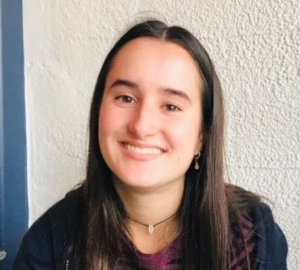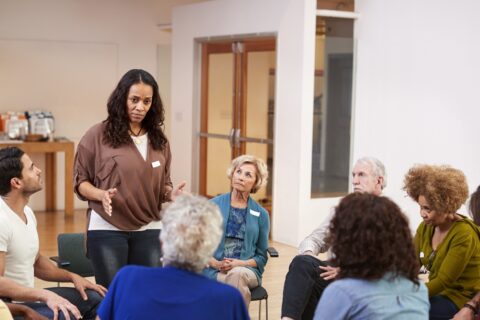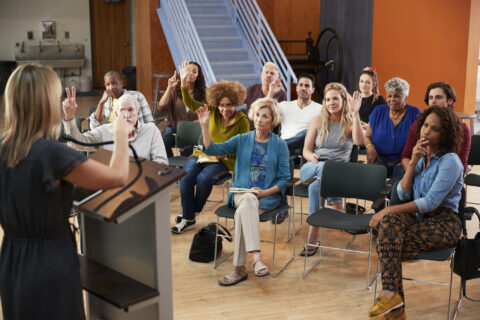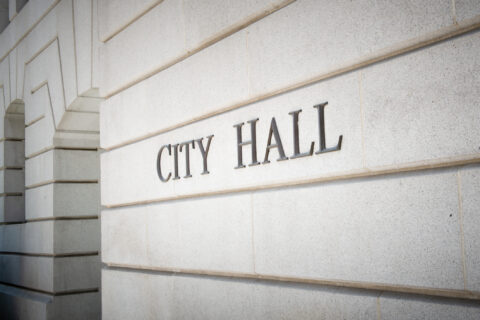More than 100 youth delegates joined NLC for their first virtual Congressional City Conference (CCC) in early March, continuing the organization’s legacy of preparing and supporting youth to take on meaningful roles in addressing important issues. Young leaders’ collective power is sometimes underestimated. As experts in social media, we amplify messages to a wide audience and by stepping into unexpected positions of power, we encourage others to speak out. As Deborah Effon, a senior from Fayetteville NC, shared, “It is so important to recognize that, as youth, we are advocates as well. It starts at such a young age. If there is something that we are passionate about, it is important to be able to say that we have held our mayor or city council or governor accountable.” Federal advocacy calls for representation of all voices, and youth are a key element in success.
“When youth are awakened to a sense of mission, their power is limitless.”
–Daisaku Ikeda
Government and politics are often deemed as adult matters. It is no shock that when considering federal advocacy, youth voices aren’t the first thought. This underestimation pushes some youth to accomplish the unexpected, but it also creates barriers for others to engage in community collaborations and networking important for civic engagement development. Municipalities miss out on youth’s creativity and urgency to act. Every city, town, and village faces different problems, yet all can benefit from the youth ready to advocate for change.
Former Mayor and now Congresswoman Marilyn Strickland of Washington state reflected at the Youth Delegate Opening session the importance of having all voices at the table when making decisions: “Better policymaking and better quality of life for all people takes place when we have the voice of youth.” However, an initial barrier to overcome is the learning curve on youth advocacy for both youth and city leaders. Youth leaders can’t effectively advocate if we don’t understand the basics of how government and advocacy work and municipalities can’t effectively advocate without a true understanding of the youth experience.
Youth Delegate Hill Day this year served as an opportunity for NLC to share vital information with youth on how to connect local issues with what is happening nationally. NLC youth delegates already practice federal advocacy by emailing, writing letters, calling, and advertising social media campaigns to influence their elected officials.
What can cities do to aid young leaders’ advocacy efforts?
- Provide opportunities for engagement with elected officials and leadership. Supporting youth to attend events like NLC’s Congressional City Conference and City Summit to network, collaborate, and be inspired.
- Create or support a local youth council that integrates youth voice across all of city government.
- Include youth in federal advocacy efforts city leaders are championing and creating space for youth in the conversation that normalizes their inclusion in advocacy.
- Lower the voting age to 16 for municipal elections – Takoma Park, MD was the first city to do so!
Right before the monumental house vote to pass the American Rescue Plan, Congresswoman Haley Stevens from Michigan joined the youth delegates at CCC and motivated them to “push past discouragement as their eager ambition is effective, even if results aren’t immediate.”
Youth voice is powerful. Cities, towns, and villages, please continue to invest in young minds as we aid in your efforts for progress. Youth make strong allies – they are never afraid to hold those in power accountable and constantly challenge the status quo.
